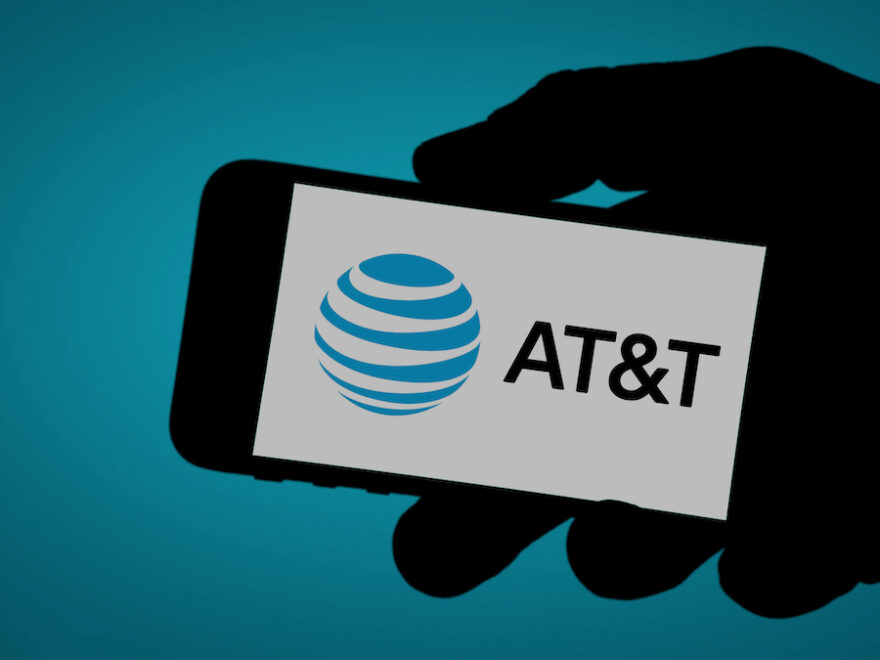In recent news, AT&T experienced a significant data breach that exposed the personal information of millions of customers. This incident highlights the increasing need for vigilance in protecting our digital identities. In this blog post, we’ll break down what happened, why it matters, and what you can do to safeguard your personal information now and in the future.
What Happened?
According to a report by CBS News, hackers gained access to sensitive information, including customer names, addresses, and phone numbers from AT&T. Data breaches like this one can have serious consequences, such as identity theft, financial loss, and invasion of privacy.
Why It Matters
Data breaches are becoming more common, and their impacts can be devastating. When your personal information falls into the wrong hands, it can be used to commit fraud, steal your identity, and compromise your financial security. Taking prompt and proactive steps can help minimize the damage and protect you from future breaches.
Immediate Actions to Take
If you’re an AT&T customer, it’s crucial to take these immediate steps to protect yourself:
1. Change Your Passwords
– Log in to your AT&T account and change your password to something strong and unique. Use a mix of letters, numbers, and special characters.
– Update passwords for any other accounts that may use the same password.
2. Enable Two-Factor Authentication (2FA)
– Activate 2FA on your AT&T account and other important accounts. This adds an extra layer of security by requiring a second form of identification. Such as a one time code sent to your cellphone which verifies you’re the legitimate person attempting to connect to your account.
3. Monitor Your Accounts
– Regularly check your bank statements, credit card bills, and other financial accounts for unusual activity.
– Sign up for credit monitoring services if possible. These services can alert you to suspicious activity on your credit report.
4. Contact AT&T
– Reach out to AT&T customer service for more information on the breach and additional protective measures they may offer. Call the number on your bill, don’t randomly search online for their customer support number as scammers can pretend to be AT&T and use a fake number so you call the scammer instead of AT&T.
Long-Term Protection Strategies
To safeguard against future data breaches, consider these long-term strategies:
1. Use Unique Passwords
– Avoid using the same password for multiple accounts. Consider using a password manager to keep track of your passwords securely.
2. Stay Informed
– Keep up with news about data breaches and security threats. Awareness is key to taking prompt action.
3. Be Wary of Phishing Scams
– Be cautious of unsolicited emails, texts, or calls asking for personal information. Verify the sender’s authenticity before providing any details.
4. Secure Your Devices
– Ensure your computer and smartphone have the latest security updates and antivirus software installed.
– Use secure Wi-Fi networks, especially when accessing sensitive information.
Know Your Rights
Understand your rights when it comes to data breaches. In many cases, companies are required to notify you of breaches and may offer services like credit monitoring for free. Don’t hesitate to take advantage of these offers and stay proactive about your data security.
Conclusion
While data breaches are a growing concern, staying informed and taking proactive steps can greatly reduce your risk. Remember, your security is in your hands. For more tips on digital safety and other tech-related topics, visit our website at [Bridge The Digital Divide](https://bridgethedigitaldivide.us). Stay safe, everyone!
By following these steps and staying vigilant, you can protect your personal information and reduce the risk of falling victim to data breaches. If you have any questions or need further assistance, feel free to reach out to us at Bridge The Digital Divide.

